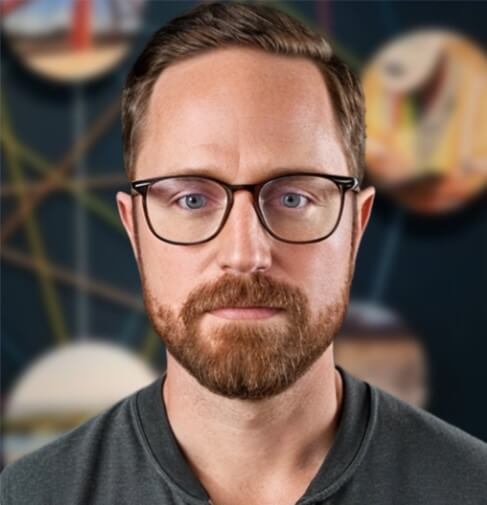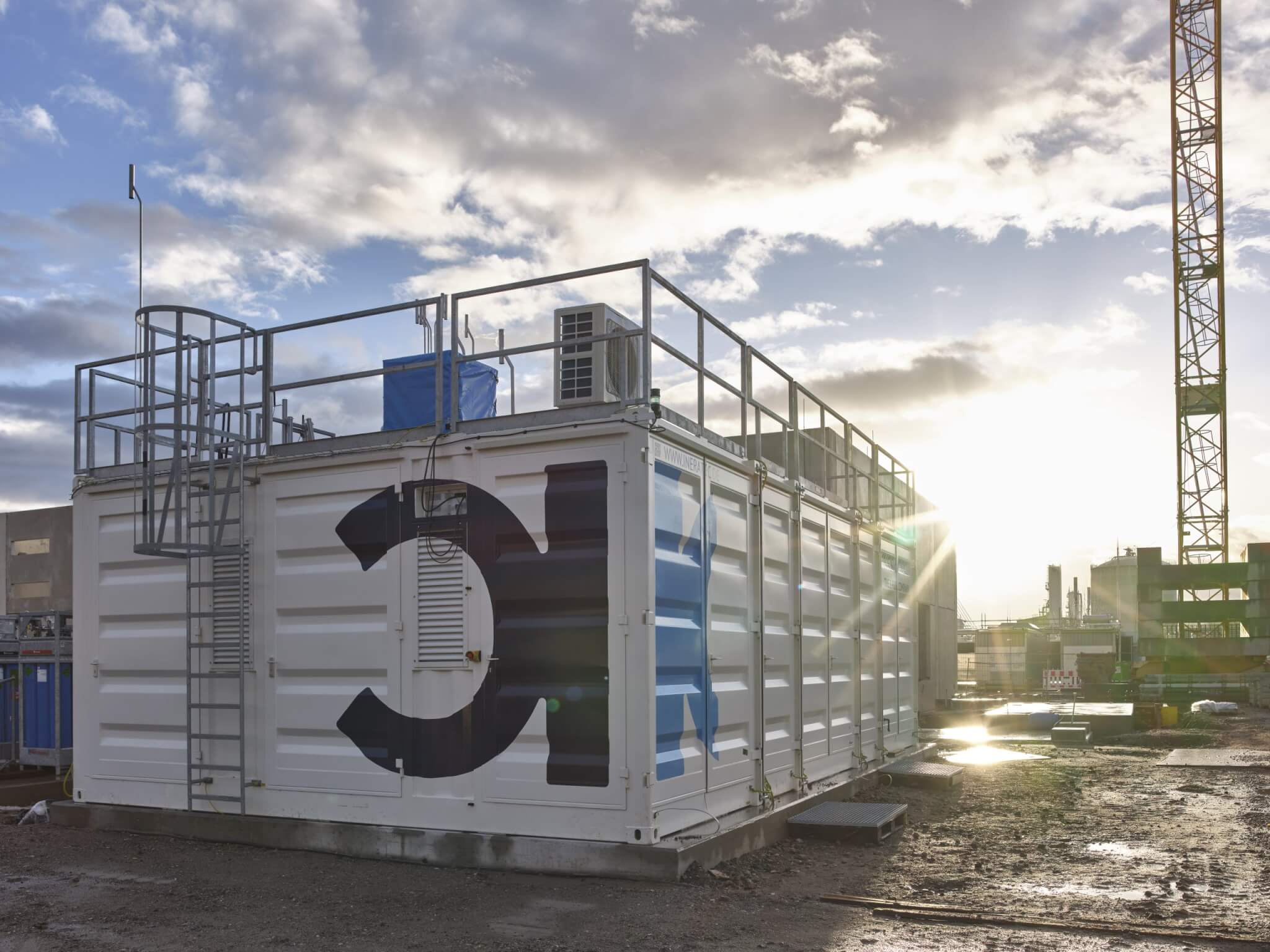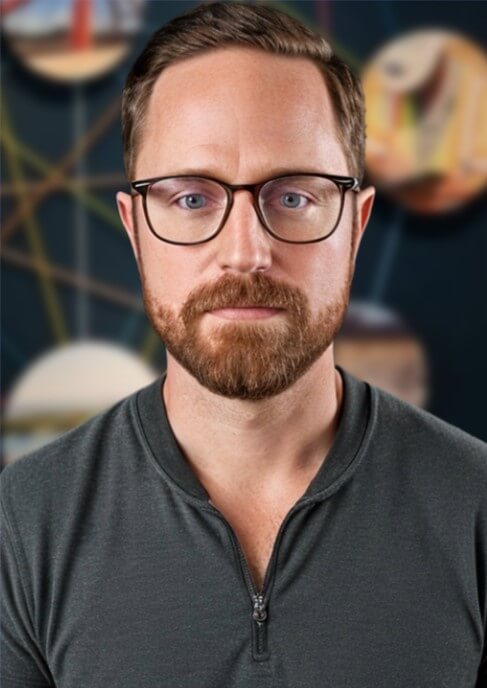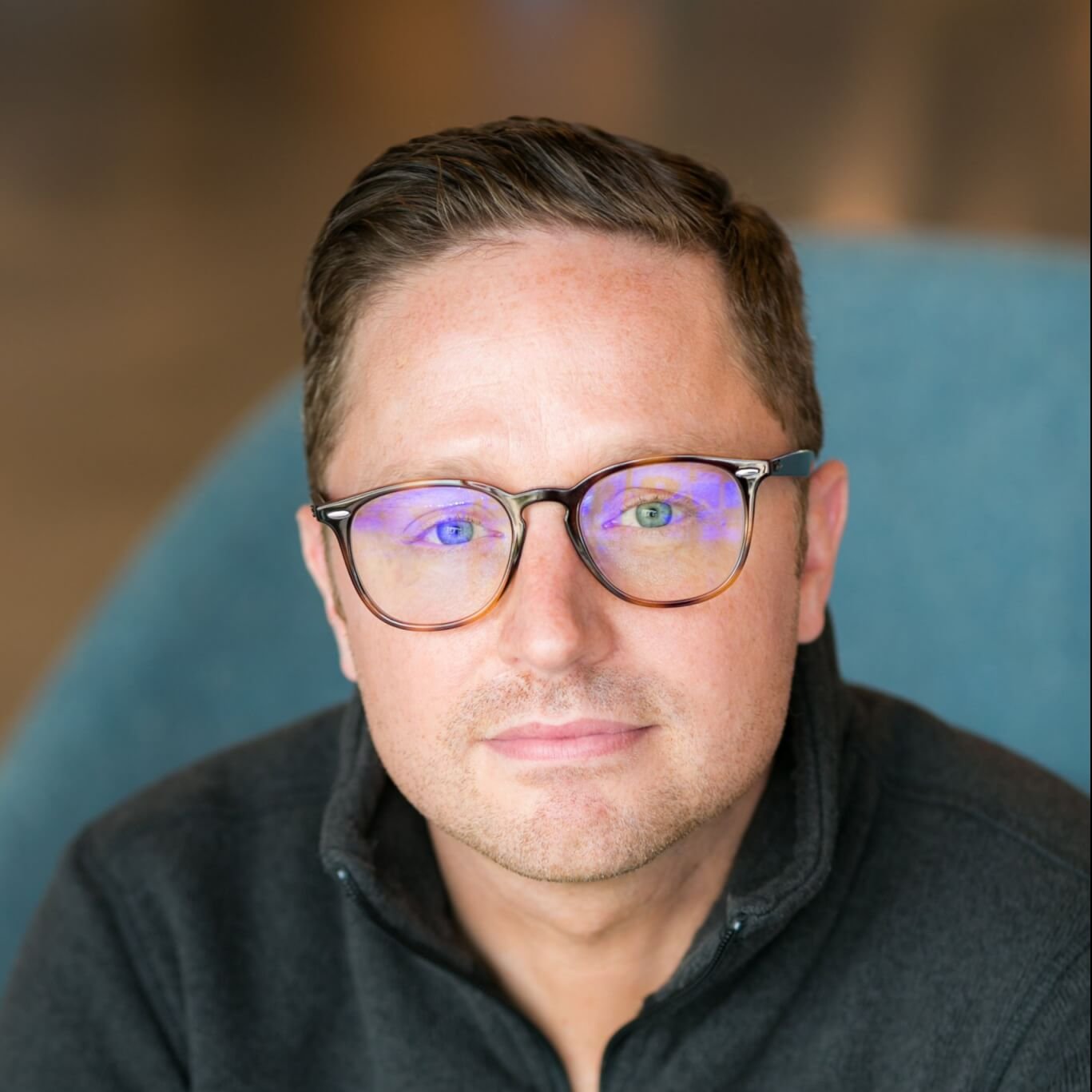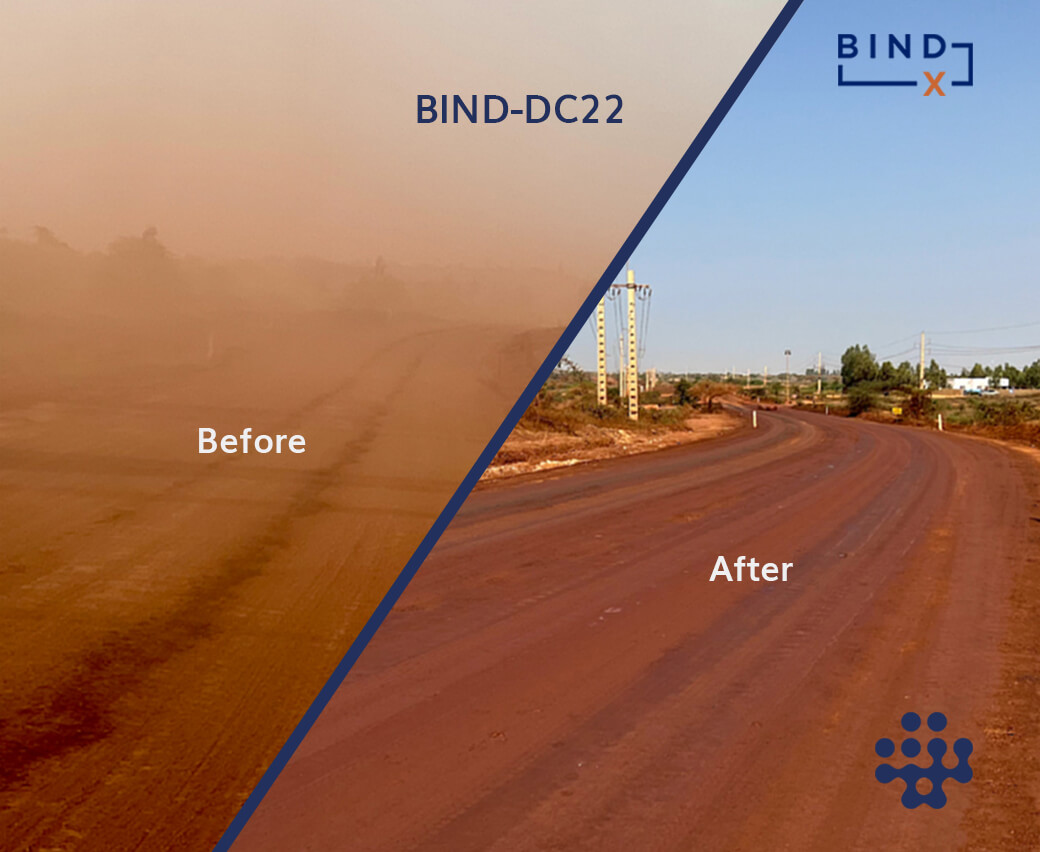The due diligence process can be a daunting one for founders, and first time founders in particular can be caught off-guard with the volume and depth of information being asked of them. Here, HG Ventures’ Nick Arnold gives a VC’s perspective on what to expect.
The road to securing venture capital is often a winding one, filled with excitement, anticipation, and, yes, a fair share of anxiety. For many founders, one of the most daunting parts of the journey is the due diligence process—a deep dive by potential investors into the very heart of the business. It’s a critical step, one where the stakes are high, and the outcomes can shape the future of your company. But it doesn’t have to be a mystery. By understanding the process and what to expect, founders can approach due diligence with confidence and clarity.
The Initial Screening: Making a Strong First Impression
It all starts with the initial screening. This is the moment when a venture capitalist first evaluates whether a startup aligns with their investment thesis. They’ll examine the startup’s pitch deck with a keen eye, assessing the market potential and how well the business fits within their broader investment strategy.
But it’s not just about the market size—it’s also about the team. VCs want to know who the founders are, what drives them, and whether their track record suggests they have what it takes to navigate the challenges ahead.
At this stage, clarity is key. The pitch deck should be polished, concise, and compelling. Most of all, it should tell a story, one that’s not only aligned with the VC’s focus but also showcases the unique value the startup brings to the table. First impressions count.
Digging Deeper: Pre-Diligence Analysis
If a startup passes the initial screening, we move into a more detailed examination, known as pre-diligence analysis. Here, the VC begins to peel back the layers of a business, looking beyond the surface to understand the financials, business model, and market positioning. We will conduct a preliminary financial analysis, review the value proposition, and usually perform a SWOT analysis to identify strengths, weaknesses, opportunities, and threats.
This stage is about more than just numbers—it’s about narrative. A founder needs to clearly articulate how their business model works, why their product or service is needed, and how they plan to scale. Transparency is crucial. If there are potential weaknesses or risks, it is important to acknowledge them and outline a plan to address them. Building trust early in the process can pave the way for a smoother journey ahead.
Getting to Know the Team: Evaluating the People Behind the Product
Venture capitalists know that a great idea is only as good as the team that brings it to life. That’s why team evaluation is such a critical part of due diligence. During this phase, the VC will often conduct in-depth interviews with the founders and key management, delving into their experience, expertise, and the dynamics of the leadership team.
This isn’t just about ticking boxes—it’s about understanding the chemistry of the team, their resilience in the face of challenges, and ability to execute the business plan. The VC will also check references and background details to get a fuller picture. For founders, this is the time to highlight not just past successes, but also a vision for the future and an ability to lead their company through the inevitable ups and downs of company building.
Understanding the Market: Competitive and Market Analysis
One of the most critical aspects of due diligence is understanding the market in which the venture operates. VCs will dive deep into the market dynamics, examining everything from the size and growth trends of the market to the competitive landscape and the venture’s positioning within it. We want to know who the target customers are, what the demand looks like, and what the plan is to capture and grow market share.
This is where the startup’s go-to-market strategy comes under the microscope. A founder will be expected to to provide detailed insights into market research, customer segments, and competitive advantages. The goal here is to demonstrate not just that there’s a market, but that there is a clear, executable plan to own it.
The Heart of the Matter: Product or Service Evaluation
At the core of any startup is its product or service, and the VC will want to understand exactly what makes the one they are looking at stand out. They’ll assess the innovation and differentiation of the technology or product, evaluate its development stage, and scrutinize intellectual property protections.
For founders, this stage is about showcasing the uniqueness and value of what has been created. It’s also about being realistic about where a product stands in its development and the plans to bring it to market.
Crunching the Numbers: Financial Due Diligence
Numbers tell a significant part of the story, and during financial due diligence, the VC wants to see a detailed picture of a venture’s financial health and potential. This involves reviewing historical financial statements, projections, and key financial metrics like burn rate, gross margin, and runway. They’ll also look at your funding history, cap table, and any existing investor agreements.
Transparency and preparation are vital. A founder should be ready to discuss their revenue model, cost structure, and how they plan to achieve their milestones. The more clearly a founder and their team can articulate their financial strategy and how it supports growth goals, the more confidence a VC will have in them.
Legal and Operational Due Diligence: Covering All Bases
Legal due diligence is all about ensuring that a potential investment is on solid legal ground. The VC will review corporate governance documents, compliance with regulatory requirements, and intellectual property agreements. They’ll also assess any potential litigation risks.
Operational due diligence, meanwhile, examines the nuts and bolts of how a company runs. This includes reviewing operational processes, scalability, supply chain, and vendor relationships. The goal here is to ensure that a startup’s operations can support the growth that is being projected.
For founders, this stage is about having all the legal ducks in a row and demonstrating that operations are efficient, scalable, and capable of handling increased demand as your company grows.
Identifying Risks: The Art of Risk Assessment
Every investment comes with risks, and part of the due diligence process involves identifying and evaluating those risks. The VC will assess potential market and operational risks, as well as strategies for mitigating them. They’ll also consider the potential return on investment and exit strategy.
For founders, it’s important to be proactive in discussing the risks associated with their business. No startup is without challenges, but what matters is how one plans to overcome them.
The Final Step: Investment Thesis and Recommendation
After all the analyses, evaluations, and discussions, the VC will synthesize their findings into an overall investment thesis. This will culminate in an investment memorandum that summarizes the opportunity and a final recommendation on whether to proceed with the investment. At this point, the role of the founder is to maintain open communication, address any final concerns, and reinforce the strengths of their business.
The due diligence process is intense, but it’s also an opportunity—a chance for founders to build trust with their would-be investor, demonstrate their business’s potential, and lay the foundation for a successful partnership. By understanding what to expect and being prepared at every stage, founders can navigate this process with confidence and come out the other side with the support and resources needed to take their startup to the next level.



